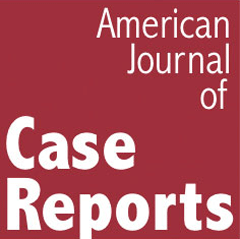
[This post, which at 1200 UTC 8/25/17 originally reported on the then-upcoming vote, has been updated at 1800 UTC 8/25/17 to include the results of the vote.]
A researcher who co-authored a paper about video games that was retracted earlier this year has had her PhD from The Ohio State University revoked.
As WOSU reported this afternoon, the vote today of the university’s Board of Trustees was unanimous. The scheduled vote on whether to revoke Jodi Whitaker’s degree was first reported yesterday by The Columbus Dispatch.
While a graduate student at Ohio State, Whitaker was co-author of a paper that claimed to find that first-person shooter video games improved marksmanship. As we’ve reported, the paper, published online in 2012, was retracted earlier this year, two years after a university committee was alerted to irregularities in the data by two outside researchers.
The controversy over the paper became heated at times. Continue reading Updated: Ohio State revokes PhD of co-author of now-retracted paper on shooter video games




 A group of researchers have retracted their 2016 case report about a rare dermatologic disorder in the wake of disputes about authorship and institutional approval.
A group of researchers have retracted their 2016 case report about a rare dermatologic disorder in the wake of disputes about authorship and institutional approval. Readers who follow scientific publishing will know the term “citation stacking” — as a profile-boosting technique, we’ve seen
Readers who follow scientific publishing will know the term “citation stacking” — as a profile-boosting technique, we’ve seen 
 Earlier this year, a raging controversy regarding a new drug spilled into the pages of a leading medical journal: the head of the U.S. Food and Drug Administration and another official publicly
Earlier this year, a raging controversy regarding a new drug spilled into the pages of a leading medical journal: the head of the U.S. Food and Drug Administration and another official publicly  The week at Retraction Watch featured the
The week at Retraction Watch featured the